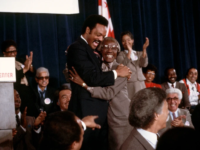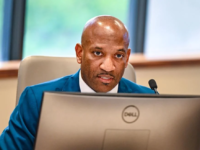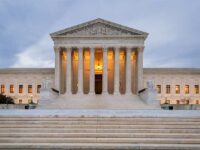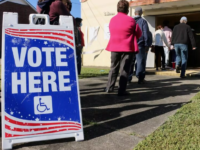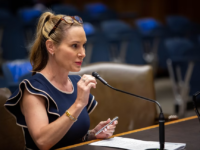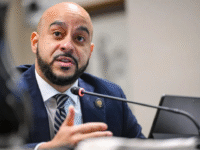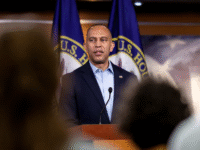H.R. 1 — the 900-page “One Big Beautiful Bill Act” now barreling through Congress at President Donald Trump’s urging — has been branded the most sweeping rewrite of federal policy in a generation. Even erstwhile allies such as Elon Musk have blasted it as a “disgusting abomination,” warning that its buried riders pose deeper dangers than the headline tax cuts and spending hikes.
What’s at stake
Below is a plain-language tour of six provisions with the greatest potential to tilt Louisiana’s political and environmental terrain.
1. Permits that approve themselves

What it does – Federal agencies get 12 months (18 with an extension) to finish a National Environmental Policy Act review. Miss the deadline and the permit is “deemed approved … in perpetuity,” largely shielded from court challenges.
Why it matters here – Picture a new plastics plant along Cancer Alley. If EPA or the Corps of Engineers can’t finalize the health modelling in time, the project sails through anyway. That strips fence-line communities of a critical tool to slow or reshape polluting developments.
2. A price tag on speaking up
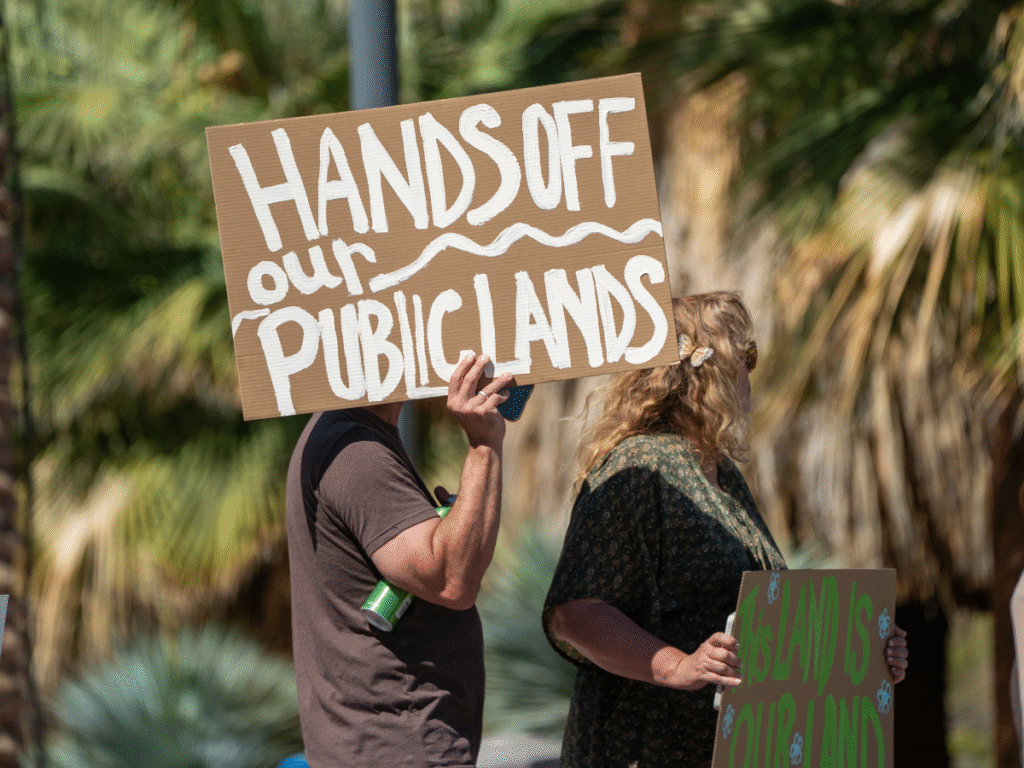
What it does – Before a federal lease sale, citizens can file a protest with the Interior Department—a written objection asking officials to withhold or modify specific tracts. H.R. 1 slaps a mandatory fee on that paperwork: $150 for the first 10 pages, $5 for every page after, plus $10 for each additional parcel protested. Fees rise with inflation after 2026.
Why it matters here – Imagine a Barataria Bay fishing co-op that spots five lease parcels overlapping prime shrimp grounds. Drafting a 12-page protest now costs $160 in pagination fees and another $40 for the extra parcels—$200 up-front just to get Interior to read the objection. That money doesn’t buy a lawyer or a lawsuit; it merely unlocks the administrative inbox. For shoestring community groups—or even cash-strapped parish councils—the new toll could silence the very first chance locals have to protect their backyard.
3. Turning civil servants into political appointees

What it does – New federal hires may choose lower retirement contributions in exchange for at-will status, meaning they can be fired “for good cause, bad cause, or no cause at all,” with no appeal.
Why it matters here – Picture a FEMA analyst who flags levee-funding shortfalls or an FWS biologist who questions a pipeline route. If that worker opted for the cheaper retirement plan, they could be dismissed overnight. Whistle-blowing chills, patronage hiring flourishes, and the neutral civil service Louisiana relies on for disaster aid becomes more partisan.
4. Pricing immigrants out of due process
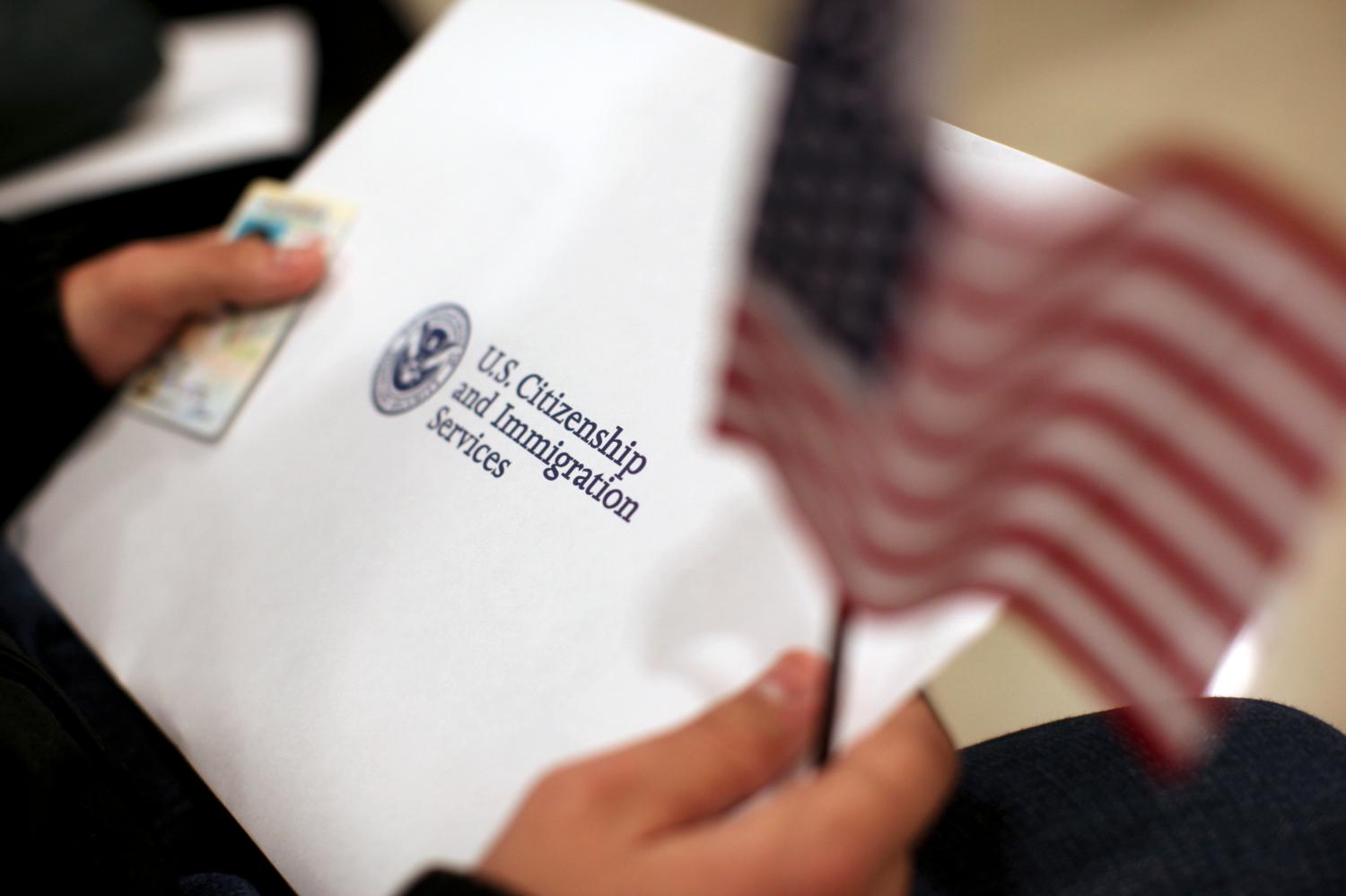
What it does – Adds a $1,000 non-waivable fee to request asylum, $550 every six months to renew a work permit, and $100 per year while the case is pending.
Why it matters here – For many of the 75,000-plus immigrants who call Louisiana home, that’s months of wages. Legal-aid groups warn the costs will push applicants into the shadows and raise the risk of wrongful deportations and family separations.
5. A nationwide Medicaid ban on gender-affirming care
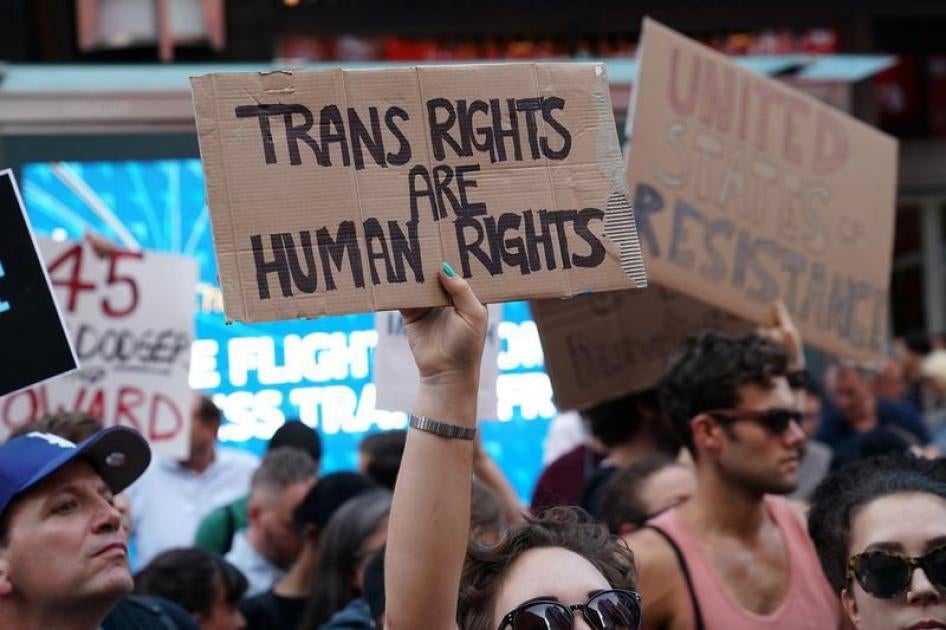
What it does – States would lose federal matching funds if their Medicaid or CHIP programs cover “specified gender-transition procedures.”
Why it matters here – Louisiana already ranks near the bottom in LGBTQ+ health outcomes. Losing the federal match could force the state to drop coverage entirely, leaving trans youth and adults to pay out of pocket—or go without medically endorsed treatment.
6. A drilling schedule set in stone

What it does – Orders 30 offshore lease sales of 80 million acres each over 15 years, regardless of market demand or emerging science.
Why it matters here – Once those sales are locked in—and paired with the self-approving permits from Clause #1—local voices have scant leverage to insist on stronger spill plans or wetlands protections. At a moment when flood-insurance rates and hurricane risks are already climbing, this clause cements the Gulf’s fossil-fuel trajectory for a generation.
The big picture
This budget is chockful of some of the most dangerous, far-rightwing policies this country has ever seen. But among the most concerning to Louisiana citizens should be how the bill:
- Shifts power upward — from parish councils and civil society to federal agencies working on industry-friendly timelines.
- Soften guardrails — by making civil-service jobs political and limiting both administrative and judicial review.
- Raises the entry fee for participation — whether you’re a coastal nonprofit filing a protest or an asylum seeker fleeing violence.
For a state that lives — and too often dies — by what gets built on its coast and how fairly its people are treated, H.R. 1 isn’t just Beltway sausage-making. It’s a blueprint for who gets heard and who gets sidelined in Louisiana’s next decade.
What happens next
The bill cleared the House in April and now sits in the Senate, where margins are razor-thin. Louisiana’s Republican Senate delegation – Sens. Bill Cassidy and John Kennedy – are expected to be automatic yes votes when the bill hits the floor.



